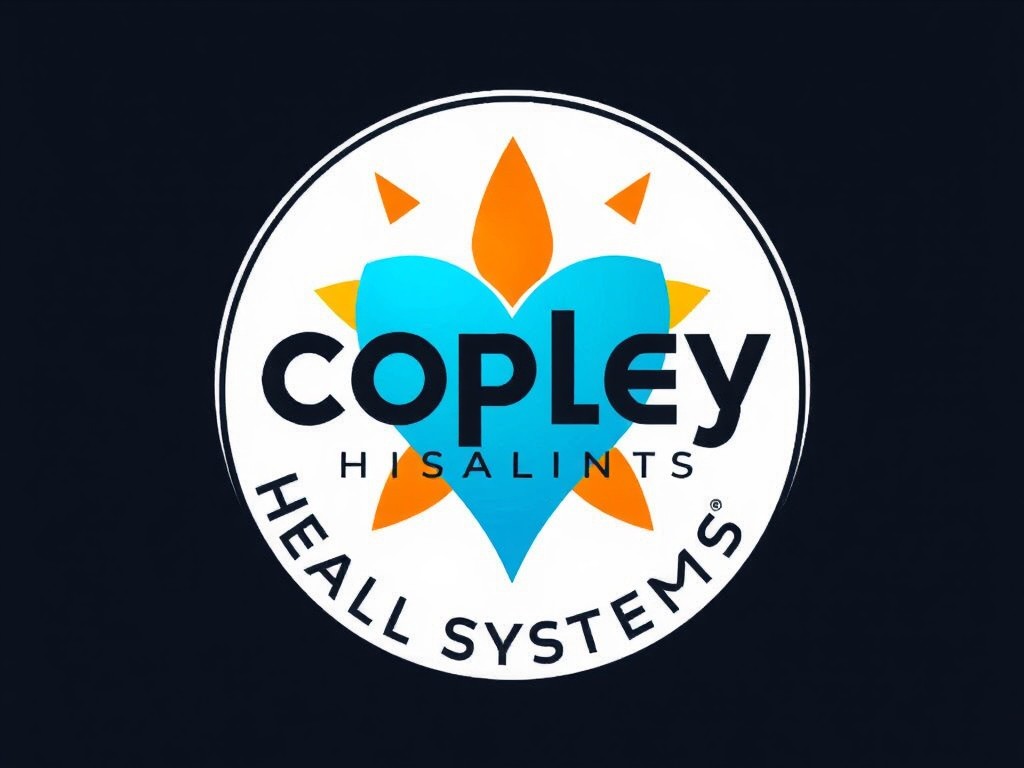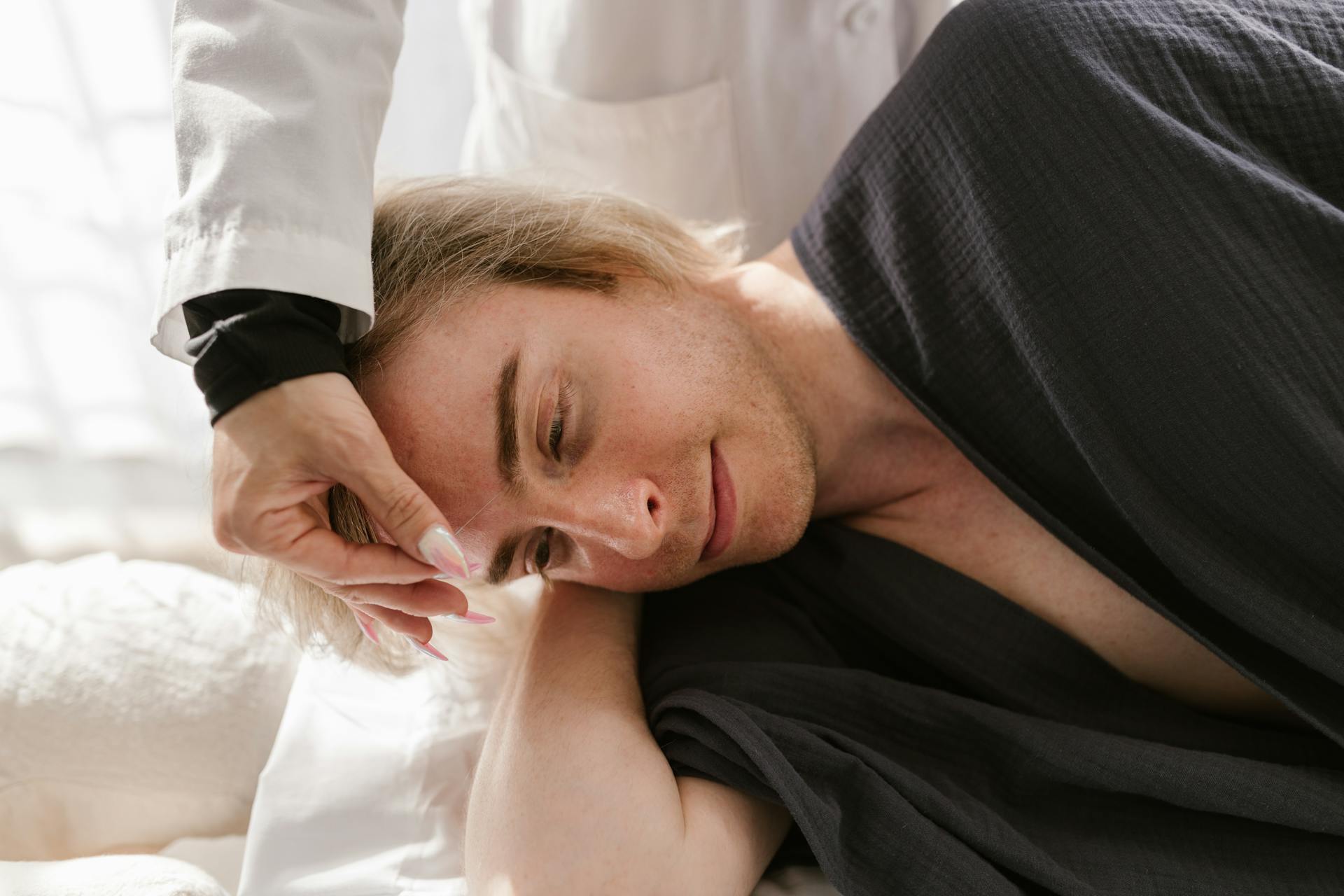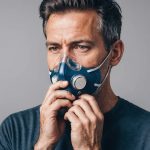Overview of Massage Therapy Techniques for Recovery
Exploring different massage therapy techniques can significantly enhance your post-workout recovery. Each massage method offers unique approaches to alleviate muscle tension and promote relaxation.
Swedish massage is one of the most common techniques, utilising gentle, circular motions to increase circulation and relax the entire body. This method is ideal for those new to massage therapy, providing a soothing experience that aids in general muscle recovery.
This might interest you : Discover Natural Methods to Supercharge Your Metabolism in the UK!
Deep tissue massage, in contrast, targets deeper layers of muscle and connective tissues. The use of slow strokes and deep pressure can effectively alleviate chronic tension and pain. This technique is especially beneficial for athletes who frequently experience severe muscle stiffness post-exercise.
Sports massage, as its name suggests, is tailored for athletes. By combining Swedish and deep tissue methods, it aims to prevent injuries and enhance muscle recovery by focusing on specific areas impacted by intense physical activity.
Topic to read : Discover the Best Breathing Techniques for Ultimate Relaxation: A Guide for UK Residents
The benefits of massage extend beyond physical relaxation. Regular sessions can improve flexibility, reduce the risk of injuries, and even boost overall performance by enhancing muscle endurance. Incorporating these techniques into your recovery regimen can promote optimal muscle health and improve your fitness journey.
The Science Behind Massage Therapy and Recovery
Massage therapy has numerous physiological effects that contribute to its benefits. Through stimulating blood flow, massage helps to deliver oxygen and nutrients to tissues, promoting the repair and regeneration of muscles. As a key mechanism, it reduces muscle tension and tightness, which can alleviate soreness and improve flexibility.
Evidence strongly supports the effectiveness of massage in enhancing recovery. Several studies indicate that post-exercise massage therapy decreases the production of cytokines, which are linked to inflammation. This reduction in inflammation assists in speeding up the healing process and alleviates discomfort, contributing to quicker recovery times.
In terms of the recovery science, systematic reviews of athletic performance suggest that regular massage treatments can lead to improved joint function and a reduction in delayed onset muscle soreness (DOMS). These benefits are critical for athletes aiming to maintain performance levels during intensive training schedules. Ultimately, massage therapy not only aids in physical recovery but also enhances psychological well-being by promoting relaxation and reducing stress hormones.
Ongoing research continues to elucidate the specific physiological mechanisms behind these effects, providing more comprehensive insights into how massage therapy can be optimally utilised in recovery protocols.
Different Types of Massage Techniques for Post-Workout
Exploring the various types of massage techniques can significantly enhance your post-exercise recovery. Each method offers unique benefits, depending on your individual needs and workout intensity.
Swedish Massage
Swedish massage is renowned for its gentle approach, primarily focused on promoting overall relaxation and relieving muscle tension. It utilizes long, smooth strokes, kneading, and circular motions to soothe aches. This technique is ideal for integrating into your post-workout routine when your goal is to unwind and reduce stress. Regular Swedish massages can help alleviate anxiety and promote a calm state of mind.
Deep Tissue Massage
Deep tissue massage targets deeper muscle layers and connective tissues. With its specific techniques, like firm pressure and slow strokes, it effectively addresses chronic pain and stiff areas. Ideal for those engaged in intense workouts, this type of massage eases severe tension and helps in healing sports-related injuries by increasing blood flow and reducing inflammation.
Sports Massage
Sports massage distinguishes itself by its focus on injury prevention and rehabilitation. Tailored for athletes, it incorporates techniques like stretching, compression, and cross-fibre friction. This massage type is especially beneficial post-exercise for those involved in sports, aiding in enhancing flexibility, reducing fatigue, and preventing injuries with tailored techniques for different sports.
How to Choose a Massage Therapist in the UK
When choosing a therapist in the UK, the first step involves verifying their qualifications and certifications. It’s crucial to ensure that the therapist holds recognised certifications, such as those from the Federation of Holistic Therapists (FHT) or the Complementary and Natural Healthcare Council (CNHC). This guarantees that the therapist adheres to professional standards.
Finding a therapist with experience in post-workout recovery can significantly enhance your massage experience. This specialised experience helps in addressing muscle tension and soreness, promoting better recovery. Qualifications in sports massage or post-workout therapies are a positive indicator of the therapist’s expertise in this area.
Looking for reputable UK massage services can also guide you to the right choice. Centers such as Champneys Health Resorts or Bannatyne Spa are known for their professional therapy services. These centres often employ qualified and experienced therapists providing a wide range of massage options. Their recognition across the country assures you of skilled professionals who adhere to industry standards.
With these tips, navigating through the options of massage therapy in the UK becomes a simpler process, leading to informed decisions and a satisfying therapeutic experience.
Incorporating Massage Therapy into Your Recovery Routine
Understanding how to effectively incorporate massage therapy into your recovery routine can significantly enhance athletic performance and overall well-being. The frequency of massages largely depends on individual needs and activity levels. For optimal results, it’s generally recommended to schedule a massage once or twice a week. This regular massage schedule aids in reducing muscle tension, boosting circulation, and promoting relaxation.
Combining massage therapy with other recovery techniques like stretching and hydration further optimises recovery. Stretching helps maintain muscle flexibility and prevent injuries, while proper hydration ensures that muscles are well-nourished and recovered more efficiently.
To create a comprehensive post-workout recovery plan, consider these elements:
- Massage Therapy: Helps in releasing muscle tension and promoting relaxation.
- Stretching: Aids flexibility and reduces muscle tightness.
- Hydration: Facilitates nutrient delivery and toxin removal.
- Rest and Sleep: Integral for muscle repair and energy restoration.
By integrating these techniques, you can build a holistic approach to fitness recovery that supports long-term health and performance goals.
Local UK Massage Services and Facilities
Explore a world of relaxation and rejuvenation with UK massage therapy. Across major cities like London, Manchester, and Edinburgh, you’ll find an array of massage clinics, each offering unique therapies designed to melt away stress. Notable among these is “Urban Retreat” in London, renowned for its exquisite aromatherapy sessions. Meanwhile, Manchester’s “Bodywise” specialises in deep tissue massages, perfect for athletes and those with chronic tension.
Each clinic presents a tapestry of local services, with therapists often trained in various specialties. Some focus on traditional techniques, such as Swedish and Thai massages, while others offer modern innovations like hot stone and hydrotherapy. These diverse options cater to a wide range of preferences and therapeutic needs.
Navigating the appointment booking process is straightforward. Most massage clinics provide online booking platforms where clients can select their preferred therapy and therapist. For a seamless experience, review your chosen studio’s service options in advance, ensuring alignment with your relaxation goals. Embrace the tranquil world offered by these local massage clinics and discover the bespoke therapeutic journeys they provide right in your neighbourhood.











